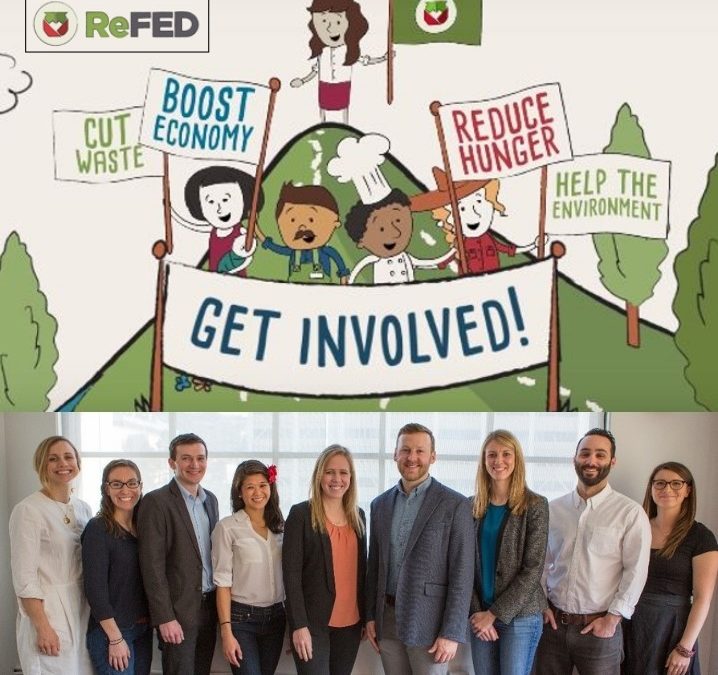ReFed is an organization worth knowing. Why? Each year, the United States wastes 63 million tons of food – that’s $218 billion of waste. Forty percent of the food that is produced goes uneaten. An average family throws away 25 percent of groceries they purchase. These are alarming statistics and, worse yet, one in seven Americans suffer from food insecurity, meaning that they don’t have consistent or reliable access to sufficiently affordable and nutritious food.
This is a problem we need to solve. Eradicating food waste is widely misunderstood as an out of reach ideal, however we have the tools to cut food waste and the time is now to do our part.
In fact, one of the big things that motivates us at Zest Labs is reducing and preventing food waste, and we’re not the only people whose work is focused on solving the waste problem.
Have you met ReFED?
Over the past year, Zest Labs has had the pleasure of working with ReFED. In fact, our CEO, Peter Mehring, participated at their US Food Waste Summit, held this past June in conjunction with Harvard Law School.
If you’ve not heard of ReFED, let me introduce you.
ReFED is a nonprofit that works directly with food businesses, entrepreneurs, and investors to implement food waste solutions.
ReFED:
- Advises food businesses on how to reduce waste and with entrepreneurs who create waste-curbing innovations.
- Researches and analyzes food waste in the U.S. to recommend the best solutions. (In fact, the statistics above are courtesy of ReFED.)
- Works with food industry leaders to strategize on how to cut food waste in half by 2030.
Ways to Reduce Waste
ReFED promotes a variety of ways to reduce food waste by repurposing and preventative measures:
- Standardizing date labels (“Best if Used By”, “Use By”) on food products and optimizing food packaging to extend shelf life.
- Connecting individual food donors with recipient organizations.
- Using data to inform behavior and operational changes in food businesses.
These are all great approaches to helping solve the food waste problem. In fact, Zest Fresh is an example of a solution that utilizes data-driven Artificial Intelligence – along with predictive analytics – to inform the need for behavioral change and drive operational changes, preventing food waste before it happens.
An $18.2 Billion Opportunity for Grocers
There are social, economic and environmental benefits to these approaches. Solving food waste represents a $18.2 billion opportunity for grocery retailers. That’s a lot of lost food, lost profits and lost opportunities that could reduce losses and free cash flow to invest in growing a business.
How ReFED Can Help Retailers
ReFED has published a number of resources including the Retail Food Waste Action Guide to support grocery retailers in developing and implementing food waste reduction strategies. The Guide was created in partnership with the Food Waste Reduction Alliance (FWRA) and its members with input from more than 30 expert contributors, including major retailers including Ahold Delhaize USA, Albertsons, Kroger, Publix, Safeway, Target, Wegmans, and Whole Foods.
ReFED has graciously allowed us to make this resource, along with their Restaurant Food Waste Action Guide and their Roadmap to Reduce U.S. Food Waste available on our website.
We’re excited at the opportunity to work with a great organization like ReFED. I hope you’ll check out their website and take advantage of the many resources they make available.


